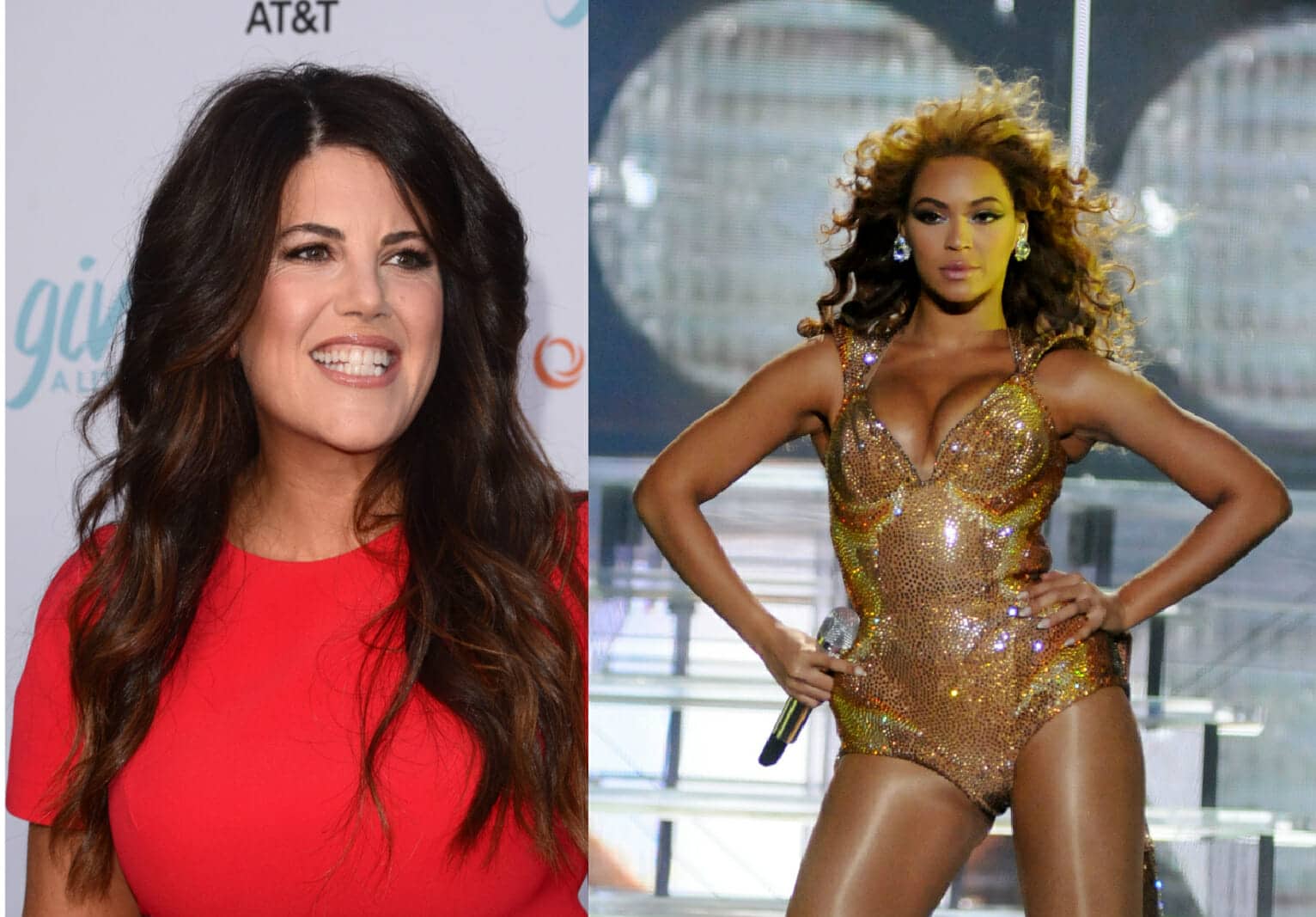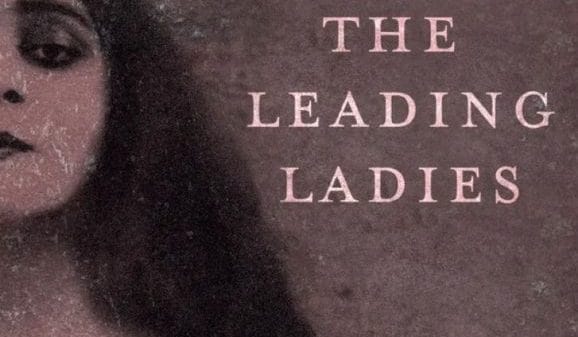Following Beyoncé’s agreement to replace an ableist slur from her new album Renaissance, Monica Lewinsky tweeted to suggest she do the same for her song ‘Partition’ from 2013.
You may remember that the song features the lyric “he Monica Lewinsky’d all on my gown,” a somewhat crude reference to her affair with President Bill Clinton during the nineties.
uhmm, while we’re at it… #Partition
— Monica Lewinsky (she/her) (@MonicaLewinsky) August 1, 2022
Beyoncé to Remove Renaissance Lyric After Outrage: Ableist, Offensive – Variety https://t.co/DzN80FdzPB
Of course, Beyoncé isn’t the only person to have used Lewinsky’s name in a song. In her 2014 article for Vanity Fair, entitled Shame and Survival, she cited being namedropped in almost 40 rap songs and jokingly has “rap song muse” in her Twitter bio.
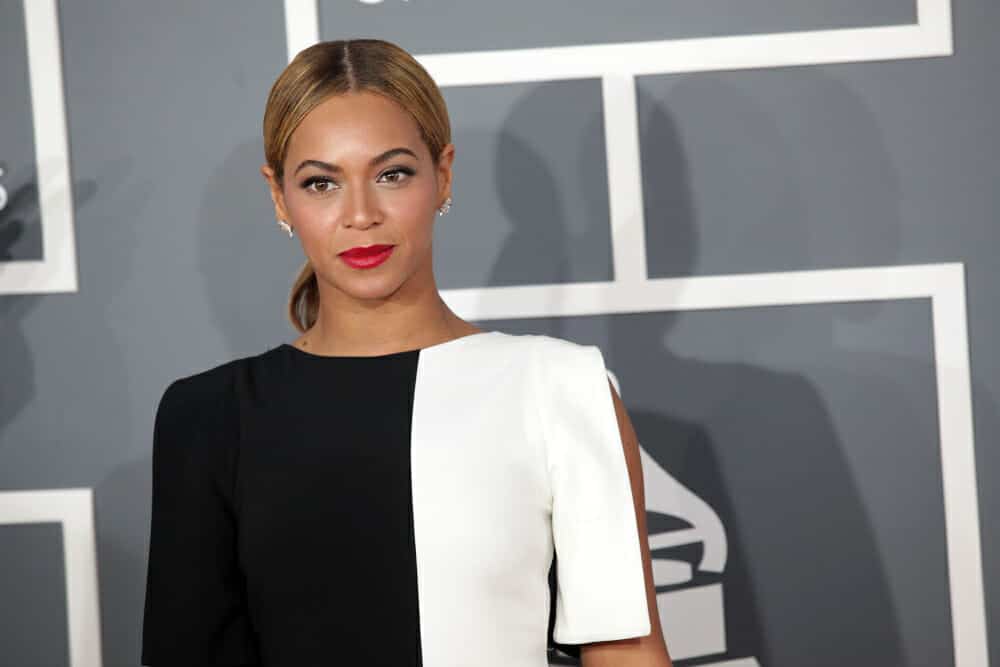
The Muse & The Misogyny
Monica Lewinsky was wrong. She does not have 40 songs with her name in them, but around 128 according to a 2015 article by The Cut. Considering her affair with Clinton was some 20 years ago, it is astonishing how frequently her name is mentioned in conjunction with this one scandal from the 90s. Unsurprisingly, she is almost always namedropped as a synonym for sex and slut-shaming.
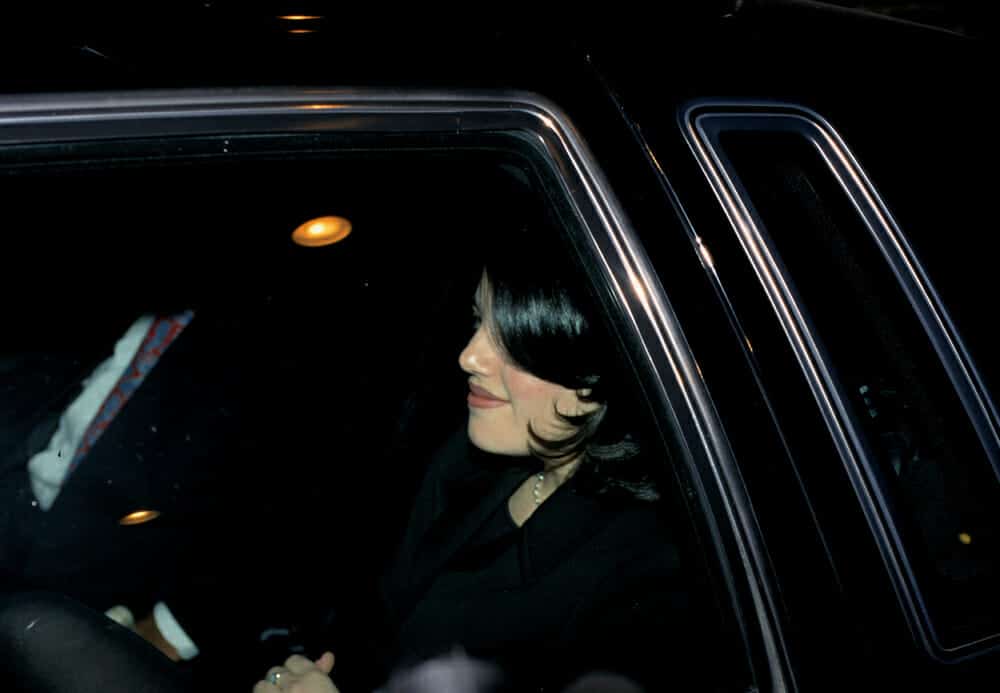
The Cut’s article breaks it down reasonably straightforwardly- there are two ways in which her name is primarily used; one is in relation to oral sex. Part of the fascination with the affair in the 90s was largely due to the level of detail available to the public; the cigar, the blue dress, and the oral sex became the butt of many jokes and continue into music today- “to Lewinsky, to get Lewinsky, to give Lewinsky.” In his song Monica Lewinsky, G-Eazy writes: “silly hoes party so much these days / The Monica Lewinsky’s who give the BJs.”
And so she became a verb, as in Beyoncé’s song- “he Monica Lewinsky’d all on my gown.” Lewinsky responded with a good point:
“Thanks Beyoncé, but if we’re verbing, I think you meant “Bill Clinton’d” all on my gown, not Monica Lewinsky’d.”
Shame and Survival, Vanity Fair
But she’s right. Much like the commentary surrounding the biggest scandal of the 90s, she is always depicted as the active participant, the pursuer, the stalker, the vixen; she is the verb, and Clinton is barely mentioned, as though he were barely involved.
The other reason to mention Lewinsky? To refer to lesser rappers or emcees. Why? Because they, like Lewinsky, suck.
Musicians, like the comedians of the 90s, find endless ways to degrade Monica Lewinsky. She became the symbol of a slut, the symbol of oral sex, and she became the scapegoat for unrelenting misogyny.
“How Does It Feel To Be America’s Premier Blow Job Queen?”
This question is jarring when you hear it on HBO’s 2002 Q&A documentary Monica in Black and White, and it is an equally jarring opening to her Vanity Fair article. But it sums up the attitudes and opinions about her at the time, and maybe even now. When asked this question in the HBO documentary, faceless crowd members told her not to answer it; some showed their support. Still, she answered in a composed way, stating she didn’t know why the ordeal turned into a story about oral sex; maybe it was the result of a male-dominated society.

People took more interest in the lurid details of her affair with Bill Clinton than what the scandal actually revealed about our humanity. Lewinsky rightly points out in her Vanity Fair article:
“people seemed indifferent to the deeper matters at hand, such as the erosion of private life in the public sphere, the balance of power and gender inequality in politics and media, and the erosion of legal protections”
George Mason University did some research on late-night jokes at Monica’s expense. In his 22-year stint as the host of The Tonight Show, Jay Leno facilitated 450 jibes about her, making her the seventh most mocked person on the show. Trailing behind the unpaid white house intern, Osama Bin Laden sits at 20th.
Revisiting History, Revising the Record
Some responses to Lewinsky’s tweet echo the blatant misogyny her name has always attracted, but others grant more empathy and grace than what could have ever been found 20 years ago. Following the success of her Vanity Fair article and her 2015 Ted Talk, people are finally beginning to see Monica Lewinsky as a person rather than the symbol she aptly summarised as “America’s BJ queen. That Intern. That Vixen. Or, in the inescapable phrase of our 42nd president, “That Woman.”
In the avalanche of rap songs that degrade her, only one rapper seems to evade this trope. Nicki Minaj refers to herself as Nicki Lewinsky in some 12 songs of hers, insinuating that “no man, no matter how powerful, can resist her”. The Cut aptly surmises:
“When Minaj calls herself ‘Young Money Monica’, she’s copping the name as a sexual disrupter, as a woman who knows the power of her own sexuality and can harness it for great wealth and, ultimately, power”.
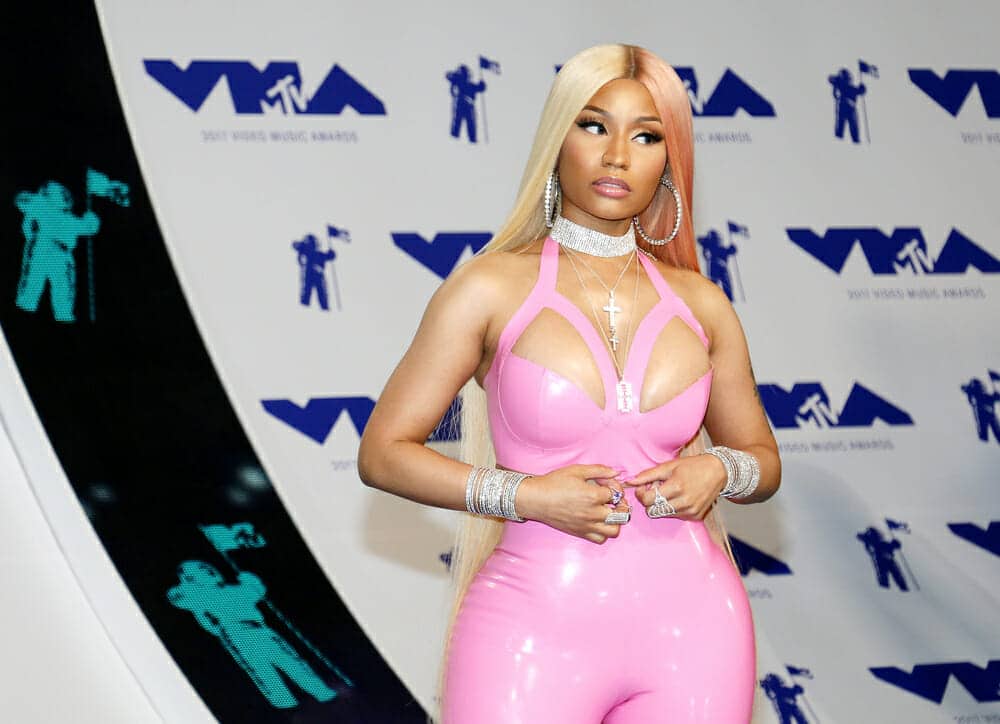
To read more about feminism and misogyny, read this article by Denada Kuka.


